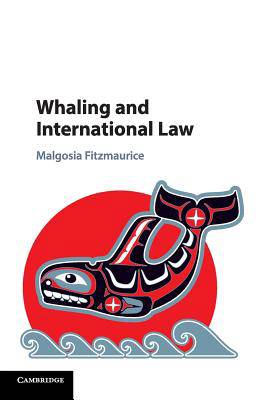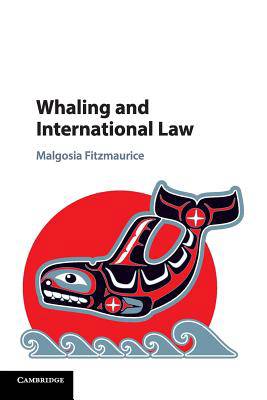
- Afhalen na 1 uur in een winkel met voorraad
- Gratis thuislevering in België vanaf € 30
- Ruim aanbod met 7 miljoen producten
- Afhalen na 1 uur in een winkel met voorraad
- Gratis thuislevering in België vanaf € 30
- Ruim aanbod met 7 miljoen producten
€ 72,45
+ 144 punten
Uitvoering
Omschrijving
Whales are regarded as a totemic symbol by some nations and as a natural marine resource by others. This book presents a complex picture of legal problems surrounding the interpretation of the International Convention for the Regulation of Whaling and the role of its regulatory body, the International Whaling Commission. Contemporary whaling is about the competing interests of whaling nations (which are in the minority), non-whaling nations (which are in the majority) and indigenous peoples. Whales are covered by many international conventions, which has led to a very fragmented legal situation and does not necessarily ensure that whales are protected. This is one of the paradoxes of the contemporary international legal regime which are explored in this book. The book also examines the contentious issue of the right of indigenous peoples to whaling and questions whether indigenous whaling is very different from commercial practices.
Specificaties
Betrokkenen
- Auteur(s):
- Uitgeverij:
Inhoud
- Aantal bladzijden:
- 416
- Taal:
- Engels
Eigenschappen
- Productcode (EAN):
- 9781108735230
- Verschijningsdatum:
- 20/12/2018
- Uitvoering:
- Paperback
- Formaat:
- Trade paperback (VS)
- Afmetingen:
- 152 mm x 229 mm
- Gewicht:
- 557 g

Alleen bij Standaard Boekhandel
+ 144 punten op je klantenkaart van Standaard Boekhandel
Beoordelingen
We publiceren alleen reviews die voldoen aan de voorwaarden voor reviews. Bekijk onze voorwaarden voor reviews.










